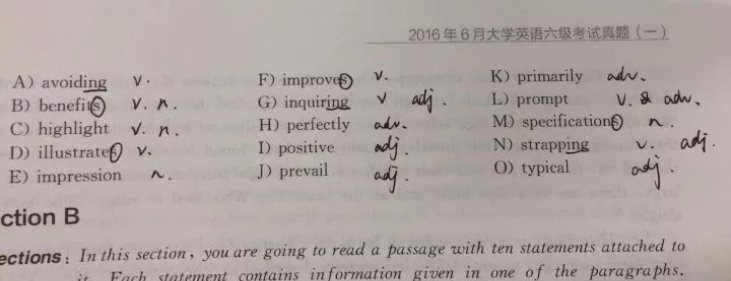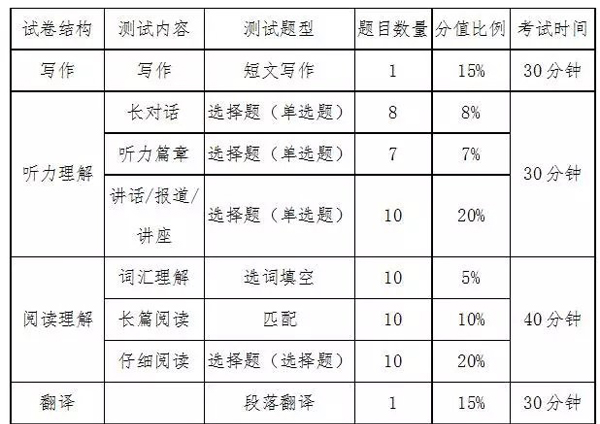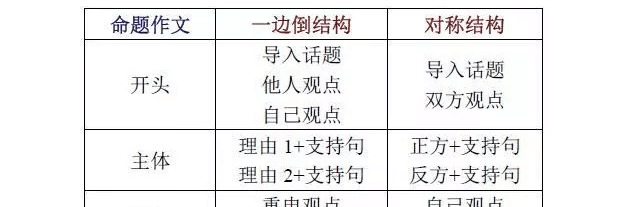Sanya cabbies continue strike
|
Taxi drivers in Hainan province continued their strike yesterday as their counterparts in a Gansu county ended theirs after the local government promised to address their concerns. In Sanya, local police detained 21 people who allegedly became violent during the Monday strike. They reportedly attacked taxi drivers who would not join them in the strike and smashed 15 cabs, a police spokesman told the Xinhua News Agency. More than 100 cabbies gathered for a second day in front of the city government building, repeating their demands for intervention in issues such as high monthly rental fees and unlicensed cabs, Xinhua said. Wang Yong, Sanya's acting mayor, on Monday evening ordered local officials to resolve their complaints as soon as possible. Wang also expressed support for the establishment of a cabbies' association, which was one of their demands. There are about 1,200 licensed cabs belonging to six companies in Sanya, a major tourist city. Earlier reports said some companies ignored a government directive to reduce monthly rental fees from 7,200 yuan ($1,054) to 5,300 yuan starting January 1. In addition, a large number of unlicensed cabs are running across the city, further eroding their earnings. In Yongdeng of Gansu province, about 160 taxi drivers agreed to end their strike yesterday after the county government promised to present a plan within a week to get rid of unlicensed cabs. The drivers' representative said there are about 700 illegal cabs, compared with 280 licensed taxis in the county. Both strikes broke out only days after a similar strike involving more than 8,000 cabbies in Chongqing municipality. Their protest ended after the city's Party secretary, Bo Xilai, promised to address their grievances - higher fees and unlicensed cabs. Chen Liangwen, a researcher with Peking University who has studied national taxi operations for many years, said the government has to abolish the practice of allowing only a certain number of companies to run the business. Most cities have a corporate structure of taxi management, which forces taxi drivers to join large taxi companies to get a license. In return, drivers have to pay huge rental fees. Local governments, which have different operation models for taxi companies, are now bearing the brunt of the cabbies' anger. Wang Xiongjun, a researcher on governance at Peking University, said that protests are putting the governing skills of local leadership to the test. It is necessary to listen to disgruntled drivers and take effective action in addressing public woes, especially at a time when the country faces an economic slowdown, Wang said. Shanghai has moved in that direction, setting up a 24-hour hotline to hear complaints from cabbies. Talks have also recently been held between the drivers and transport authorities. |








